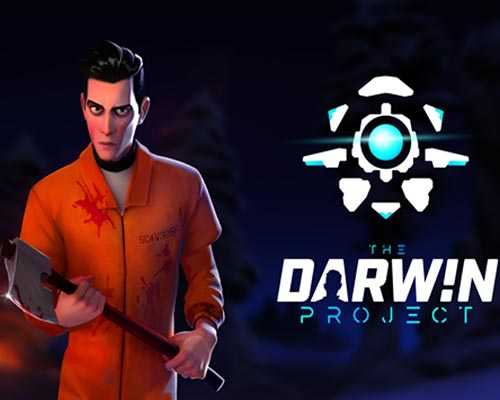
“We’ve given (coral) experiences that we think are going to raise their ability to survive,” Gates told The Associated Press in a 2015 interview. And the idea attracted Microsoft co-founder Paul Allen, who funded the first phase of research and whose foundation still supports the program. The scientists proposed bringing corals into a lab to help them evolve into more heat-tolerant animals. In 2015, Ruth Gates, who launched the resilience lab, and Madeleine van Oppen of the Australian Institute of Marine Science published a paper on assisted evolution during one of the world’s worst bleaching events.

“And so that’s what our focus is on, working with parents that are really thermally tolerant.” “Corals are threatened worldwide by a lot of stressors, but increasing temperatures are probably the most severe,” said Crawford Drury, chief scientist at Hawaii’s Coral Resilience Lab. And they found selective breeding held the most promise for Hawaii’s reefs. So, researchers are focusing on those hardy survivors, hoping to enhance their heat tolerance. The coral turns white - a process called bleaching - and can quickly become sick and die.įor more than a decade, scientists have been observing corals that have survived bleaching, even when others have died on the same reef. When ocean temperatures rise, coral releases its symbiotic algae that supply nutrients and impart its vibrant colors.

“We have to intervene in order to make a change for coral reefs to survive into the future,” she said. Hughes said the methods all have proven successful in the lab.Īnd while some other scientists worried this is meddling with nature, Hughes said the rapidly warming planet leaves no other options. And modifying the algae that give corals essential nutrients.

Acclimation that conditions corals to tolerate heat by exposing them to increasing temperatures. Selective breeding that carries on desirable traits from parents. Researchers tested three methods of making corals more resilient: “Assisted evolution started out as this kind of crazy idea that you could actually help something change and allow that to survive better because it is changing,” said Kira Hughes, a University of Hawaii researcher and the project’s manager. Now, they’re getting ready to plant laboratory-raised corals in the ocean to see how they survive in nature.

For the past five years, the researchers have been conducting experiments to prove their theories would work.


 0 kommentar(er)
0 kommentar(er)
